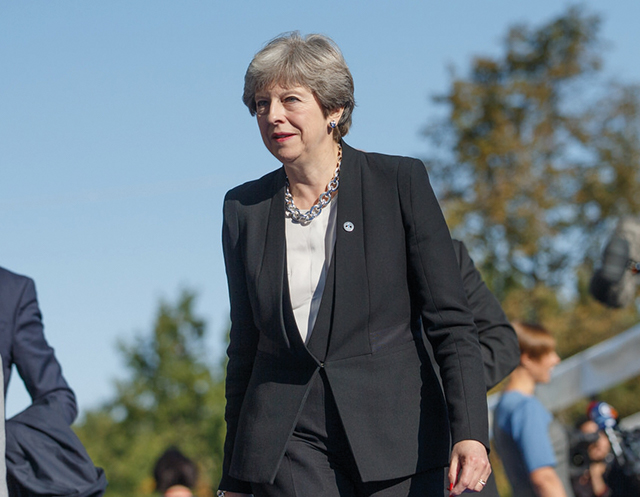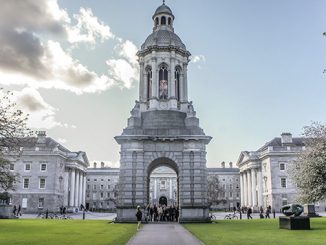
[dropcap]T[/dropcap]he Brexit draft withdrawal agreement has been heralded as a victory for Ireland, but the chaos that has since descended on London indicates that this is not the beginning of the end but merely the beginning of the beginning.
This 585-page EU-UK deal guarantees that there will be no hard border on the island of Ireland through the inclusion of a “protocol” covering the so-called backstop.
If the deal is approved by the Houses of Parliament of the United Kingdom, it will remain in place until the end of the transition period which is currently set for December 31st, 2020.
If at this point an EU-UK Relationship Agreement has not been signed, then the backstop comes into effect and the UK will remain part of a customs union. This has triggered the resignation of several British MPs and has raised the question here in Ireland if the prevention of a hard border is something they even consider.
In reality, it has very little to do with this. They have simply resigned themselves to the fact that they can’t have their cake and eat it too. If the backstop comes into effect and the UK remain part of the customs union, then their relationship between member states and the outside world has already been established. They are agreeing to charge the same import duties on goods entering the union and allow free trade between other member states. This would limit its ability to strike its own trade deals outside of the union.
This differs to the single market agreement many British MPs had been hoping for, where the UK would not face any tariffs or restrictions when trading with EU member states. This agreement would have allowed them to set their own import duties giving them greater leverage in striking new trade deals with non-member states.
However, it would also require them to allow the free movement of people across EU countries which the government is firmly opposed to.
In essence, what this means is that if the UK accept the current draft and do not improve upon the agreement before the end of the transition period, then they will remain subject to all of the trade requirements imposed by the EU and will only benefit in terms of being able to govern their migration laws.
This has given rise to concerns that the Common Travel Area which covers protections for Irish and British people to work and travel in each other’s countries and for access to healthcare, education and social welfare payments is not underpinned by a single legal agreement.
The inclusion in the draft deal that “The United Kingdom and Ireland may continue to make arrangements between themselves relating to the movement of persons between their territories” will allow for a new Common Travel Area treaty to be negotiated post-Brexit.
Essentially, the current draft deal poses no difficulties for Ireland and this will continue indefinitely unless a better agreement is reached.
The difficulties arise if the UK Houses of Parliament do not approve the draft. And it shouldn’t be approved. It doesn’t make economic sense, but then again neither does crashing out of the EU with no deal.
While up until this point the UK policy of “no surrender” politics has ruled out the prospect of a second referendum, the unlikeliness of this draft being approved and their unwillingness to crash out of the EU means it may soon be the only viable solution.
Aoife O’Brien
Image Credit: Flickr



